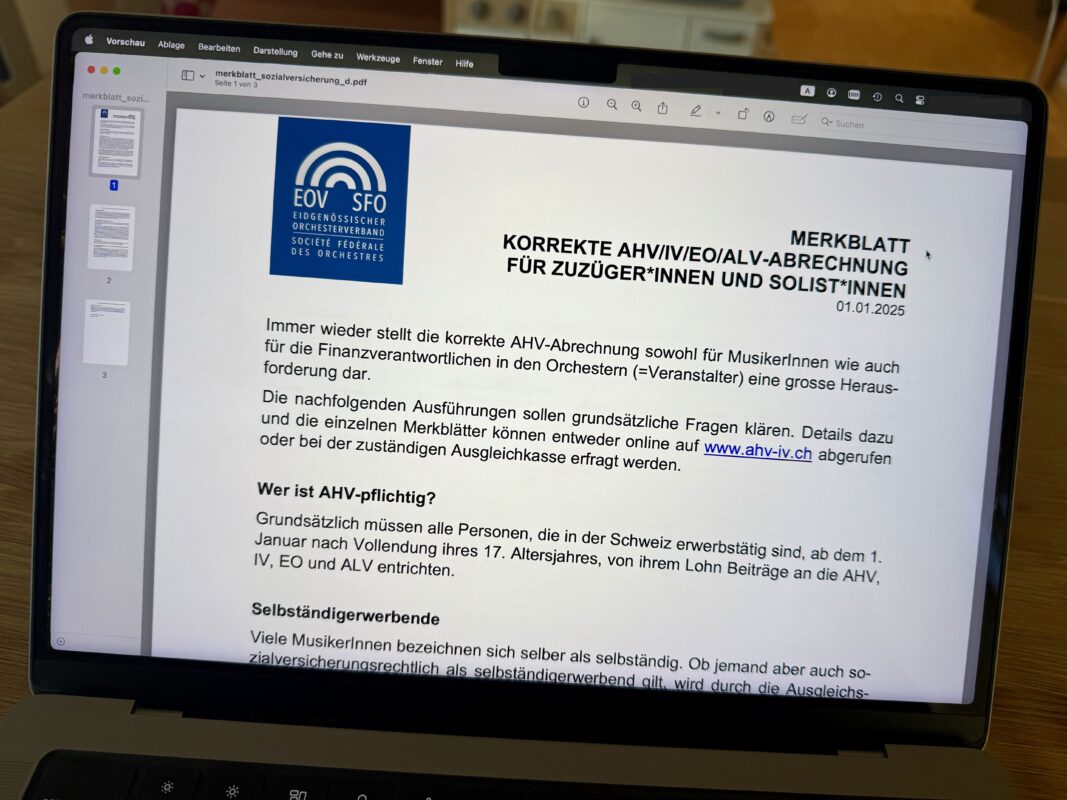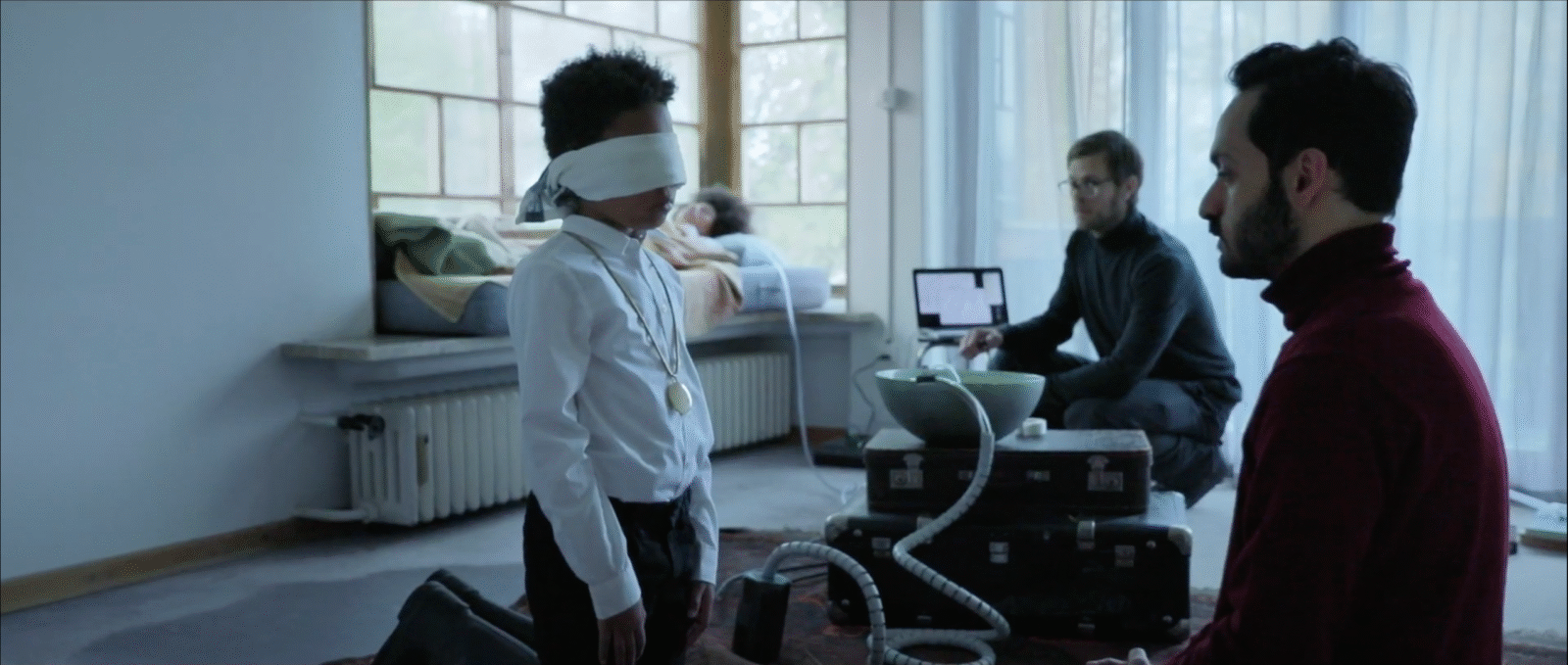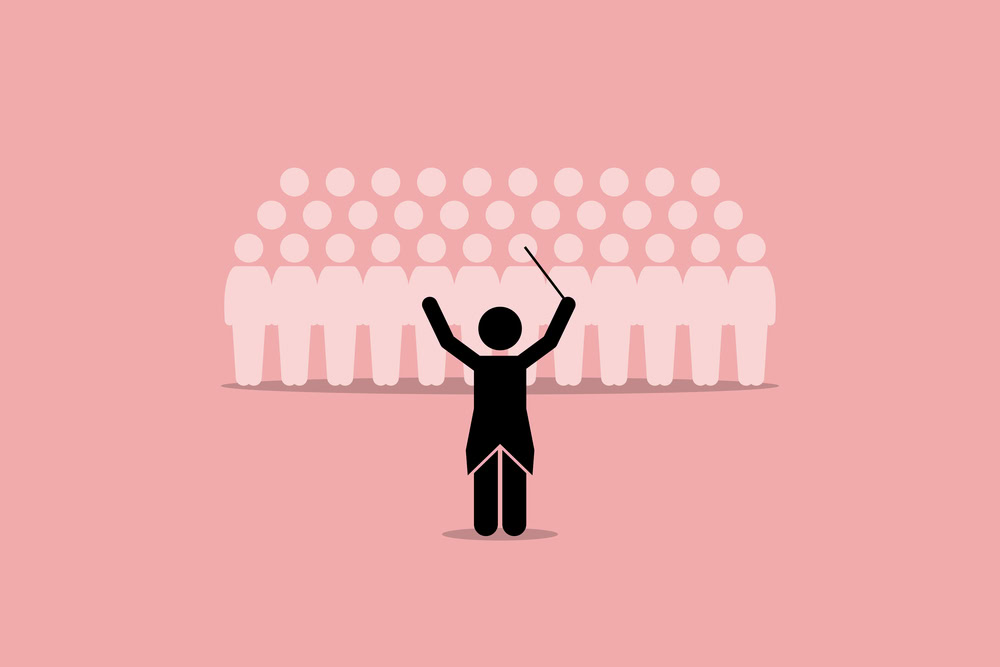Christian Ledermann, new member of the Kalaidos University of Music Council
Christian Ledermann, Director of the Winterthur Conservatory, is a new member of the Kalaidos University of Applied Sciences Council, where he represents the interests of the Department of Music.
As a trained musician and long-standing music school director, he brings valuable experience in artistic, pedagogical and strategic-organizational areas.
Dear Christian, congratulations on your election! Could you briefly explain to our readers what the tasks of the UAS Council are?
Thank you very much, I am looking forward to this varied position. The University of Applied Sciences Council is responsible for overseeing the state-accredited university of applied sciences in matters of higher education law and also for strategic management. It is the highest internal body within our university of applied sciences and is responsible, among other things, for ensuring institutionalized accreditation.
In our day-to-day work at the Kalaidos University of Music, the name of the University of Applied Sciences Council is usually mentioned when regulations are amended or when new degree programs are launched.
Exactly. One of the most frequent tasks of the UAS Council is to review adjustments to curricula, for example in relation to institutionalized accreditation. It also discusses new courses submitted by the departments and assesses parameters such as strategy, feasibility, market environment and professional field.
This also applies to the Department of Music, which has added modules such as self-marketing, fundraising and argumentation/negotiation to its Bachelor's and Master's degree programs. Neither your music degree nor mine included such subjects. Nevertheless, we are still getting by today. How do you feel about these adjustments?
Like all professions, that of the musician today is no longer the same as it was 20 years ago. The argument "it used to be possible without it" doesn't hold much water. We must aspire not only to train prospective musicians to become professionals on their instrument, but also to prepare them in depth for a life as a musician. In most cases, their day-to-day work does not consist of full-time jobs. They are actually entrepreneurs with a diverse range of services. They have to keep telling society why they and their work are needed. They can't wait for the work to just come to them.
You show this reality about everyday working life to our Bachelor's students in the "Professional Field Studies" module and discuss it with them. After you took over this module as a lecturer, you reorganized its content. What was your motivation behind the changes?
I lacked credibility, as the lecturer had previously only spoken about music school and orchestra jobs. Our aim was to give students as real an insight as possible into the breadth of professional fields. The new model makes this possible: We meet musicians:inside their workplace, have discussions with them and the students about everyday life, motivation, "offer recipients:inside", fascination and their future.
The topic of digitalization often came up in these discussions. Especially in classical music, I often experience reluctance towards this topic. The Kalaidos University of Music is decentralized
and is therefore partly based on digital communication. How do you experience this topic?
The vocational studies module in particular shows how remote and on-site learning can be combined in a meaningful way: What is presented in the classroom with a lecture, discussion and projector can be done just as well online. Our students don't have to travel to Zurich from all over Europe for a lecture. When we visit the orchestra musician in the rehearsal room or the freelance musician at band practice, we do it on site.
We also apply this approach in the remaining modules and in all our degree programs. Main subject, subject didactics and minor subject teaching take place on site. This also applies to some modules where physical attendance makes sense. Theory classes, on the other hand, take place entirely remotely. Nevertheless, criticism quickly flares up that "remote teaching cannot replace on-site module teaching". Where is the boundary between remote and on-site?
You have to be aware that remote teaching is not on-site teaching on a screen. Our lecturers have the challenging task of building their remote teaching from the ground up on the digital structure and using the tools provided for this purpose. teaching methods (which are becoming more diverse every day). In my opinion, it is not expedient to play the two types of teaching off against each other. Rather, it is important to sound out the possibilities and limits in discussion with all those involved and to determine a provisional application based on experience. Today, (working) life takes place almost everywhere in a mixture of remote and on-site, with the boundaries being discussed and adapted again and again as required. Why should it be any different in music?








